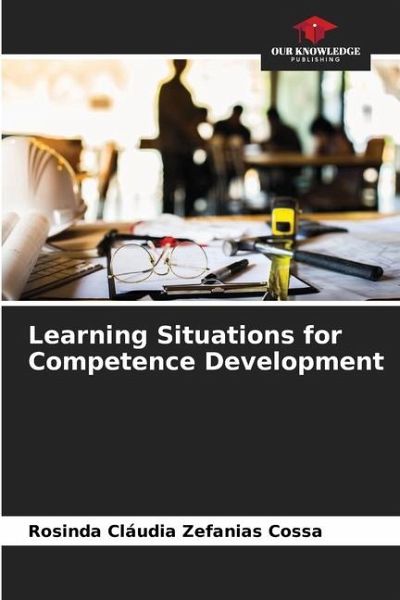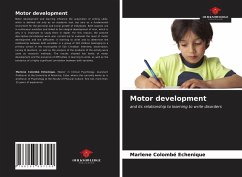
Learning Situations for Competence Development
Versandkostenfrei!
Versandfertig in 6-10 Tagen
36,99 €
inkl. MwSt.

PAYBACK Punkte
18 °P sammeln!
Faced with the need for qualified people to respond to market demand, competences have emerged as a way of establishing professional qualification systems to ensure that the qualification obtained by an individual is reflected in their capabilities and performance. To meet this demand, vocational training schools have transformed their curricula to work on the logic of developing competences, with the aim of guiding and facilitating promotion in employment. It is necessary to use teaching practices geared towards developing the competences of technical-vocational students, which is why the con...
Faced with the need for qualified people to respond to market demand, competences have emerged as a way of establishing professional qualification systems to ensure that the qualification obtained by an individual is reflected in their capabilities and performance. To meet this demand, vocational training schools have transformed their curricula to work on the logic of developing competences, with the aim of guiding and facilitating promotion in employment. It is necessary to use teaching practices geared towards developing the competences of technical-vocational students, which is why the concept of learning situations is currently being approached as an effective methodology geared towards developing competences. However, the design of learning situations can be difficult when they are supposed to help students build the competences they need to perform their profession effectively and responsibly. This book presents the results of a qualitative study carried out at a vocational training institute in Mozambique, which looks at the strategies to be adopted in the classroom to promote the development of competences.












